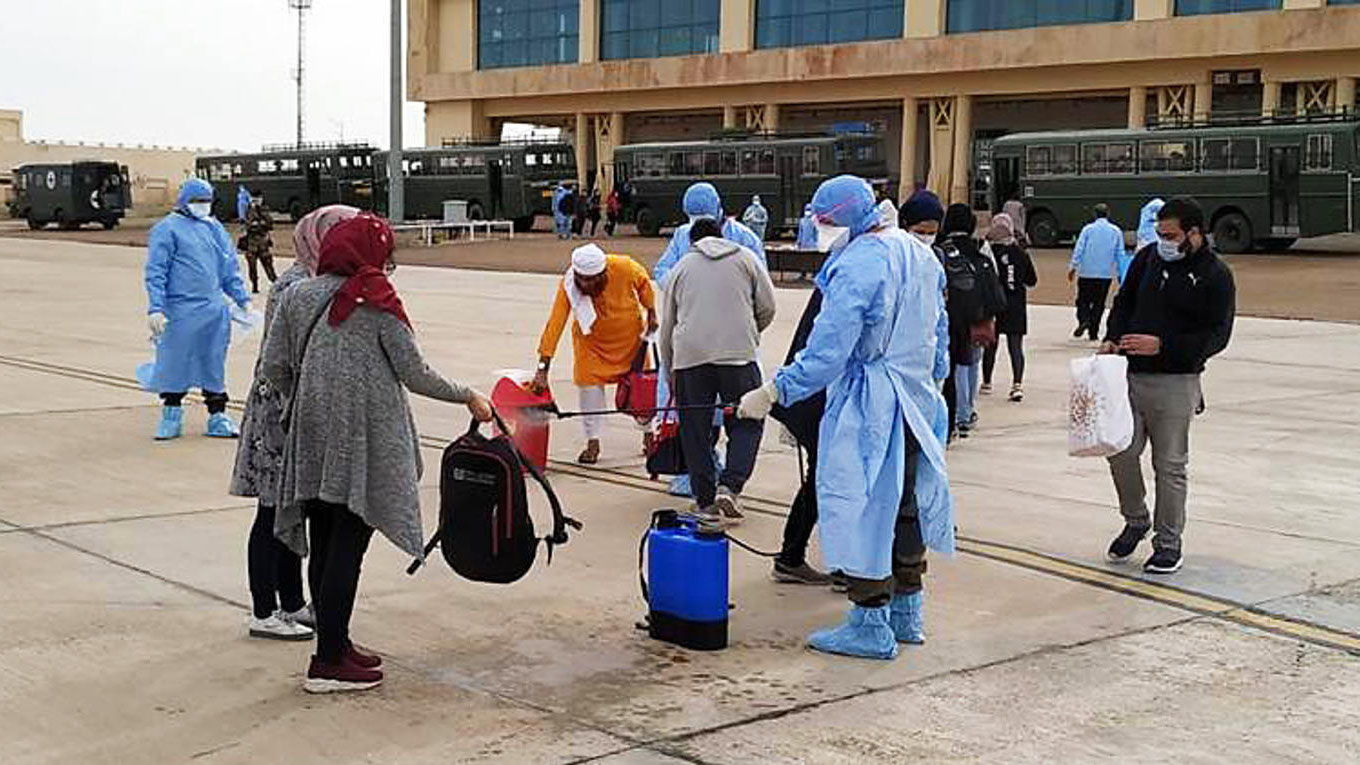India undertook one of the biggest repatriation efforts (Vande Bharat Mission) to rescue its citizens stranded in different parts of the world as a result of the Corona virus outbreak. Many expatriate Indians have been at the receiving end of job cuts and losses in these countries. While this, in itself, was a mammoth and incomplete task as there are nearly 2 million NRIs (non-resident Indians) in the ten countries that have seen the maximum number of Corona virus cases, another challenge is unfolding now. New Delhi is coming to terms with the prospect of a dip in the remittances coming into the country.
Remittances are important for families of migrants in India as an additional and significant source of income to provide for food, education, medicine, and other needs. The squeeze will be especially felt in the case of Indian expatriates working in the Gulf countries. Dipping oil prices have already led to some of these countries outlining plans to cut down on their expatriate work forces.
This dip in remittances will directly impact the economy. According to a World Bank report, remittances to India are expected to drop by a massive 23 per cent from $83 billion in 2019 to $64 billion this year as a result of the pandemic. UBS, in a report dated 23 July, said the drop could be 25 per cent. In 2018, remittances formed 2.9 per cent of India’s total GDP.
As per data released last year by the UN Department of Economic and Social Affairs (DESA), in terms of the country of origin of international migrants, India stood right at the top with 17.5 million persons living beyond its shores. From this number, approximately 8.5 million are employed in the Gulf, who incidentally account for more than half of the total remittances sent to India. “According to our analysis, every 10 per cent decrease in oil prices, reduces remittances to India by 7 per cent in the long-run,” UBS economists Tanvee Gupta Jain and Rohit Arora wrote in their report.
-

Flyers land at Kochi airport. Picture courtesy: Indian Express

































